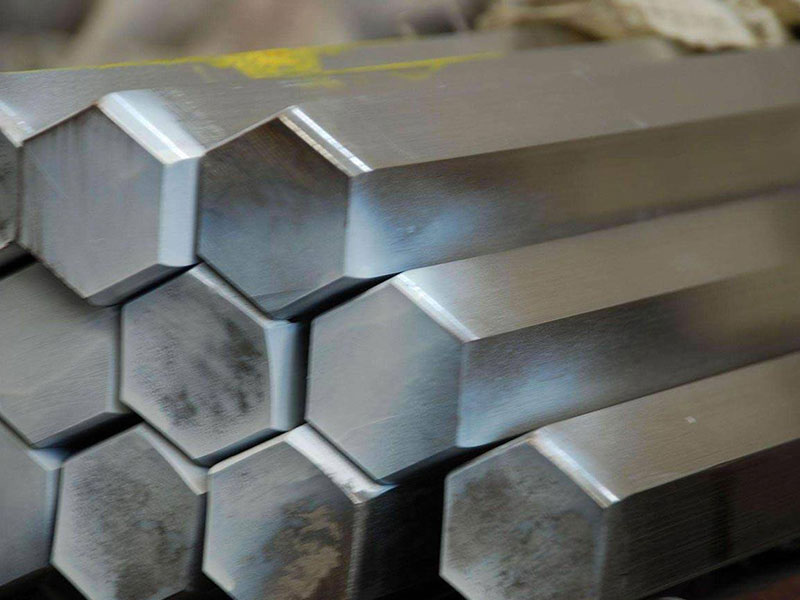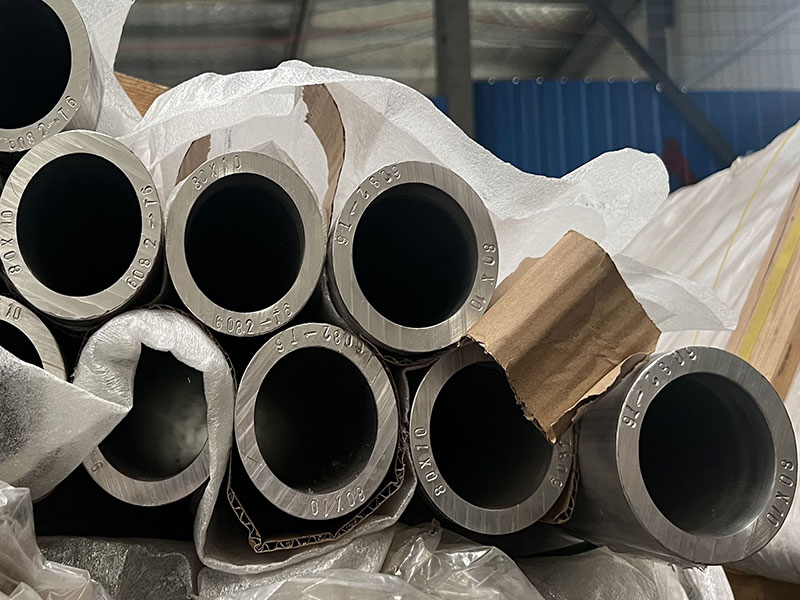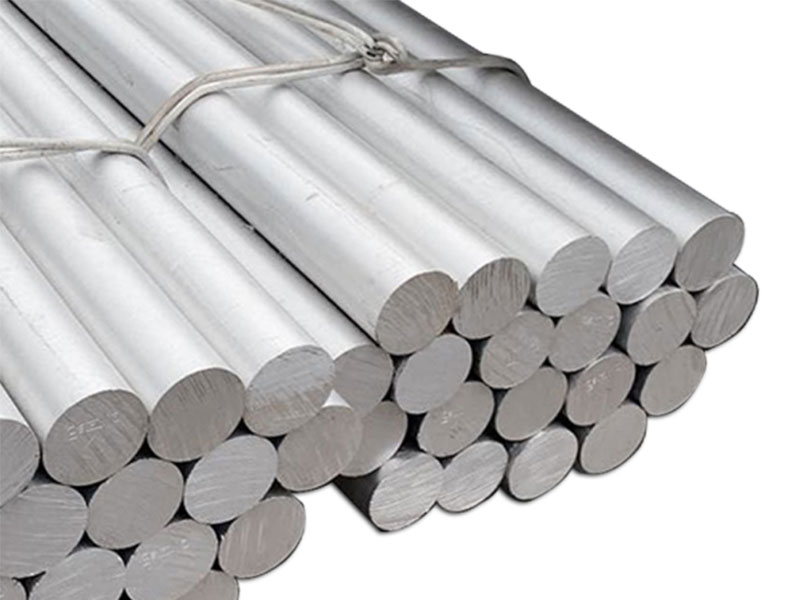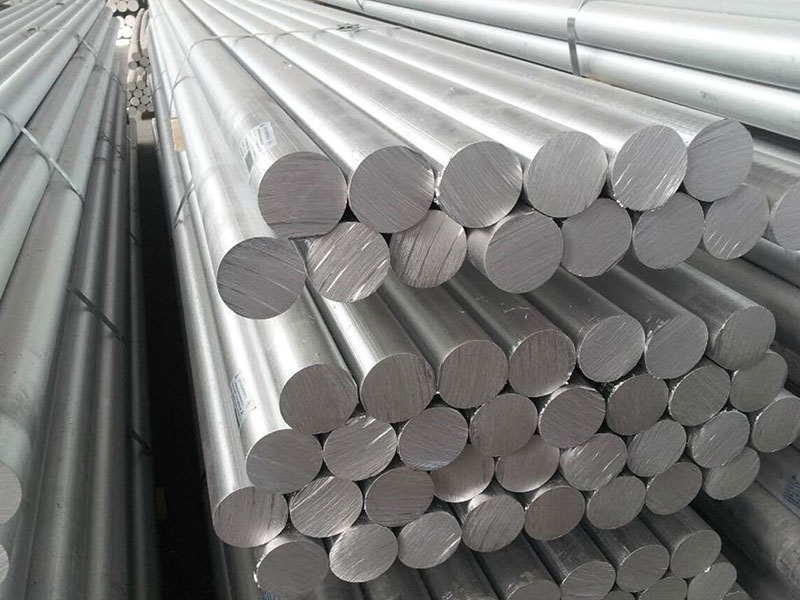Marine Grade Aluminum Solid Bar for Ship Hull Strengthening
Marine vessel owners and shipbuilders are continually seeking advanced materials that provide superior strength, corrosion resistance, and lightweight properties. Marine grade aluminum solid bars have emerged as an essential structural component in ship hull strengthening, offering unmatched benefits that meet rigorous maritime standards.
Marine Grade Aluminum Solid Bars
Marine grade aluminum solid bars are specifically engineered aluminum alloys designed to withstand the demanding environments encountered at sea. These bars contribute to the durability, safety, and operational efficiency of ocean-going vessels. Their primary role in ship hull strengthening involves reinforcing critical structural areas subjected to high mechanical impacts, stress, and corrosion exposure.
Core Functions
- Structural Reinforcement: Marine grade aluminum solid bars serve as reinforcements in hull frameworks, enhancing load-bearing capacity and impact resistance.
- Corrosion Resistance: Exposure to saltwater environments accelerates metal degradation; marine aluminum alloys are chemical engineered to resist pitting, stress corrosion cracking, and galvanic corrosion.
- Weight Reduction: Compared to traditional steel, marine aluminum bars have a lower density (approximately 2.7 g/cm³ versus steel's ~7.85 g/cm³), decisively reducing hull weight while maintaining strength, resulting in enhanced fuel efficiency and vessel speed.
- Ease of Fabrication: Aluminum’s excellent machinability allows for precise custom fittings, welding, bending, and finishing—which are crucial for complex hull geometries and retrofits.
Technical Specifications
The most commonly utilized alloy groups for marine grade aluminum solid bars include 5xxx and 6xxx series. Each series offers optimal combinations of strength, weldability, and corrosion resistance:
| Parameter | 5083 Aluminum Alloy Bar | 6061 Aluminum Alloy Bar |
|---|---|---|
| Chemical Composition (%) | See detailed table below | See detailed table below |
| Density (g/cm³) | 2.66 | 2.7 |
| Tensile Strength (MPa) | 290 – 350 | 290 – 310 |
| Yield Strength (MPa) | 140 – 220 | 240 – 270 |
| Elongation (%) | 12 – 20 | 12 – 18 |
| Corrosion Resistance | Excellent for marine env. | Good, improved with anodizing |
| Standard Tempering | H111, H116, H321 | T4, T6 |
Note: Temper designation is crucial for both mechanical properties and corrosion performance; e.g., H116 indicates strain-hardened and partially annealed condition with excellent corrosion resistance.
Alloy Chemical Composition Table (Typical % values)
| Alloy Element | 5083 | 6061 |
|---|---|---|
| Aluminum (Al) | Balance | Balance |
| Magnesium (Mg) | 4.0 – 4.9 | 0.8 – 1.2 |
| Silicon (Si) | 0.40 max | 0.4 – 0.8 |
| Manganese (Mn) | 0.4 – 1.0 | 0.15 max |
| Chromium (Cr) | 0.05 – 0.25 | 0.04 – 0.35 |
| Copper (Cu) | 0.1 max | 0.15 – 0.4 |
| Iron (Fe) | 0.4 max | 0.7 max |
| Zinc (Zn) | 0.25 max | 0.25 max |
Implementation Standards for Marine Grade Aluminum Bars
To ensure quality and consistency, marine grade aluminum solid bars must comply with classifications and standards recognized internationally. These include:
- ABS (American Bureau of Shipping) Rules for shipbuilding materials.
- DNV GL Standards for marine aluminum alloys.
- ISO 6361 specifying aluminum and aluminum alloys in plating bars.
- ASTM B221 for aluminum-alloy extruded bars, rods, wire, profiles, and tubes.
Shipbuilders use these standardized bars following approved manufacturing, testing and certification processes, ensuring safety and lifecycle optimization of the vessel.
Application in Ship Hull Strengthening
Ship hulls are subjected to impacts from waves, strains from operational loads, and corrosive attack from seawater and marine organisms. Incorporating marine grade aluminum solid bars provides:
- Frame Reinforcement: Installed transversely or longitudinally, bars enhance stiffness and minimize hull flexing and deformation.
- Joining Interfaces: These bars provide a reliable base for welding or bolting steel or composite parts that interface with the hull.
- Wear Resistance in Zones: Areas prone to mechanical wear such as bow sections, chine reinforcements, and ballast tanks benefit significantly.
- Retrofit Strengthening: Warships, cargo vessels, and yachts undergoing refits or service life extension rely on aluminum bar reinforcements for front-line durability without scaling displacement.
Tempering and Processing Conditions
The temper of the aluminum bar dramatically influences its mechanical and corrosion angles:
- H111 Temper: Common for extrusion and minimal strengthening. Good for moderate corrosion resistance.
- H116 Temper: Offers stress-relieved condition providing superior corrosion resistance and mechanical balance—preferred in severe marine environments.
- T6 Temper (for 6061 alloy): Heat-treated to peak strength for highly stressed components but can decrease corrosion resistance if not anodized.
Manufacturers perform controlled extrusion, age-hardening, and solution heat treatments depending on alloy grade based on the specific vessel and application.
Related Products
Marine aluminum hexagonal bars
Marine Grade Aluminum Hexagonal Bars are produced from premium corrosion-resistant aluminum alloys such as 5083, 5052, 6061, and 6082.
View DetailsMarine aluminum hollow bars
Marine Grade Aluminum Hollow Bars are fabricated from high-quality alloys such as 5083, 5052, 6061, and 6082, all known for their exceptional resistance to seawater corrosion, salt spray, and marine atmospheres.
View DetailsMarine grade aluminum solid bar
Marine Grade Aluminum Solid Bars are produced from premium aluminum alloys optimized for saltwater exposure, such as 5083, 5052, 6061, and 6082. These alloys offer unparalleled resistance to corrosion caused by seawater, salt spray, and marine atmospheres, while maintaining excellent mechanical strength and toughness.
View Details6082 marine aluminum rod & bar
6082 Aluminum Rods & Bars are extruded or rolled products manufactured from 6082 aluminum alloy — a thermally treated (typically T6 temper) aluminum-magnesium-silicon alloy that balances high tensile strength, good weldability, and excellent corrosion resistance.
View DetailsRelated Blog
5083 Marine Aluminum Bar for High Strength Marine Vessel Parts
5083 Marine Aluminum Bar for High Strength Marine Vessel Parts: Durability Meets PerformanceWhen it comes to constructing high-performance marine vessels, material selection is paramount.
View Details6082 Marine Grade Aluminum Solid Bar for Boat Deck Reinforcements
When it comes to marine vessel construction and refurbishment, selecting the right materials is vital for ensuring durability, performance, and safety. Among various options.
View Details6061 Marine Aluminum Hexagonal Bars for Lightweight Marine Frame Construction
In the ever-evolving marine industry, choosing the correct material for frame construction is a critical factor influencing performance, durability, and safety. Among these materials.
View Details5083 Marine Grade Aluminum Solid Bar for Offshore Vessel Frame Parts
In the demanding environment of offshore vessels, structural integrity, durability, and corrosion resistance are critical factors that determine overall vessel performance and safety.
View DetailsMarine Grade Aluminum Solid Bar for Shipbuilding Reinforcements
In modern shipbuilding, material selection is paramount to ensure strength, durability, corrosion resistance, and lightweight design. One of the most critical materials used in this domain is the Marine Grade Aluminum Solid Bar.
View Details5083 Marine Aluminum Hexagonal Bars for Durable Offshore Support Parts
Explore premium 5083 marine aluminum hexagonal bars tailored for offshore support applications. their superior corrosion resistance, alloy composition, mechanical properties, and industry implementation standards.
View Details












Leave a Message